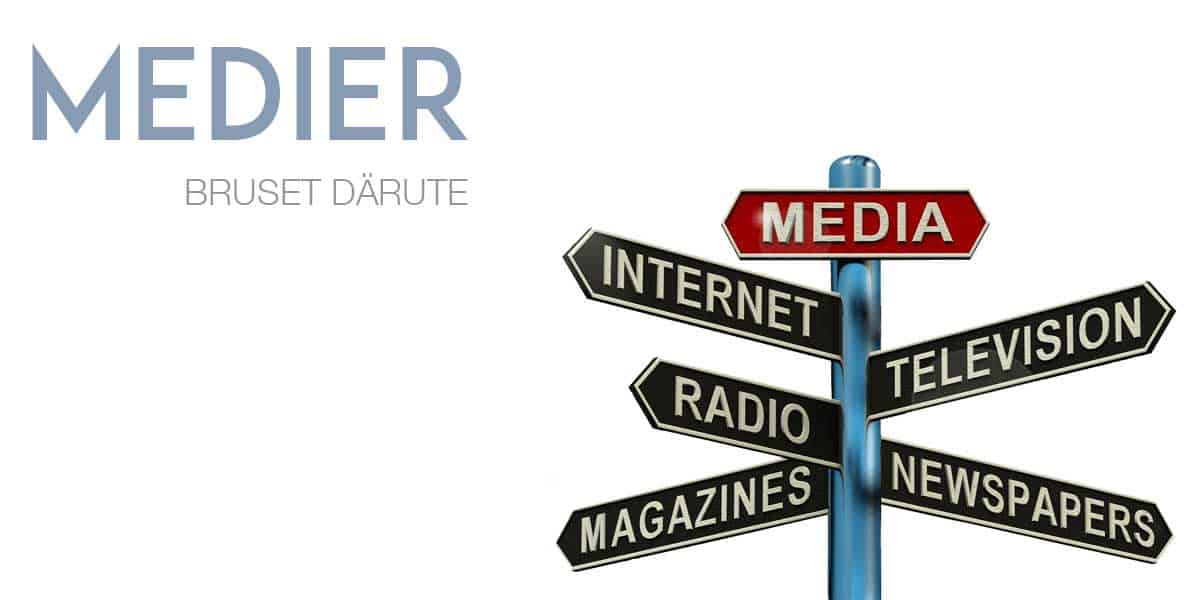Gripandet av Julian Assange, domen mot honom och de nya anklagelserna har lett till en debatt om journalister, journalistik och Trump-administrationens krig mot medierna.
Anklagelserna är komplexa och inte ens ledande amerikanska journalister är eniga om huruvida det är en upptrappning, om gripandet och anklagelserna är en risk för alla journalister eller inte.
The U.S. says Julian Assange ‘is no journalist.’ Here’s why that shouldn’t matter.
Assange, however, engaged in the “explicit solicitation of classified material” and made no effort to redact information that could put people at risk, Demers said. In the Justice Department’s view, Assange is therefore not a “journalist” and is subject to prosecution for his actions.
Demers’s statement glosses over a crucial fact: The First Amendment gives journalists no special rights. In prohibiting abridgments of “the freedom of speech, or of the press,” it gives equal protection to those who speak, those who write, those who report, and those who publish. In the words of the Supreme Court, the purpose of the First Amendment “was not to erect the press into a privileged institution but to protect all persons in their right to print what they will as well as to utter it.”
Nor should it matter that Assange is not a U.S. citizen, a point that the Justice Department emphasizes in the indictment. The First Amendment encompasses the freedom to disclose information and the freedom to receive it. In essence, the right is shared by the speaker and his audience — whoch in this case includes Americans.
The indictment of Assange is a blueprint for making journalists into felons
The new indictment against Assange bears no relationship to WikiLeaks’ publication of Democratic Party and Clinton campaign documents or any of its other activities during the 2016 presidential campaign. Instead, it covers only publication of a massive archive of classified U.S. government documents that revealed a multitude of previously unknown, highly significant information about wars, government and corporate corruption, and official deceit. WikiLeaks, in 2010, published those materials in partnership with some of the largest media outlets in the world, including the New York Times, the Guardian, Der Spiegel, Le Monde and El Pais, outlets that published many of the same secret documents that form the basis of the criminal case against Assange.
Julian Assange’s Indictment Aims at the Heart of the First Amendment
The new indictment goes much further. It is a marked escalation in the effort to prosecute Mr. Assange, one that could have a chilling effect on American journalism as it has been practiced for generations. It is aimed straight at the heart of the First Amendment.
The new charges focus on receiving and publishing classified material from a government source. That is something journalists do all the time. They did it with the Pentagon Papers and in countless other cases where the public benefited from learning what was going on behind closed doors, even though the sources may have acted illegally. This is what the First Amendment is designed to protect: the ability of publishers to provide the public with the truth.
The Assange case does not herald a new assault on the press
Now, the Trump administration has gone a step further and charged Assange for publishing leaked information, a step the Obama administration reportedly declined to take. Those charges apply not to everything that Assange disclosed, but only to the narrow subset of documents that identified confidential intelligence sources and allegedly put them at risk. Whether this indictment represents an escalating threat to the free press does not depend on whether Assange is a “journalist” — a term that probably defies any constitutionally sound definition. It depends on whether the Trump administration will choose to walk further across what had historically been a red line.
Nu spelar jag inte i samma liga men jag tillåter mig trots det att ha en åsikt.
Macken X: Är åtalspunkterna mot Julian Assange en attack på journalistik?






0 kommentarer